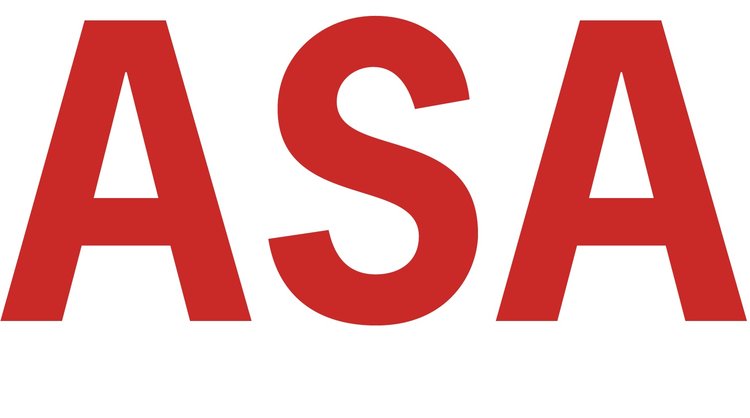I have been self-isolating since the day after I taught my last university class on March 6. All of Washington State is now under executive order to do so, even as some argue the definition of an “essential service.” I believe that Governor Inslee waited perhaps too long to do so, as today we are looking at the deadliest day in reported coronavirus deaths in this country and others as well.
In Washington D.C., two of the three branches of government are shaping and reshaping the largest relief package ever created in the history of this country, targeted at workers and families, at small and medium sized businesses, but also in the form of loans to large corporations. That financial relief cannot come soon enough and will not be enough, given the cascading set of dependencies that the public and private sector have operationalized.
We have not only a financial crisis, but a medical crisis as well — still, despite repeated promises, the forward facing medical personnel and our first responders are without proper protective gear. New York City has become the new Ground Zero. It is only this week that some of the national stockpile or the on hand supplies from the Department of Defense, including two thousand bed medical ships with a full crew, have been deployed. Being deployed does not mean “in place and available as inventory to medical personnel.” For me, the death of those who were trying to save lives is anguishing.
We see photos from a distance of medical personnel and our first responders or other persons delivering essential services. But how often do we thank the cashier at the grocery store, or those who have filled shelves all night, the trucker who drives our supplies, or postal carriers, or City Light personnel, or others whose service we rely upon?
If we learn nothing else from this terrible pandemic, we should learn how to say thank you and how to do our share, which consists right now of following the directions of the governor.
